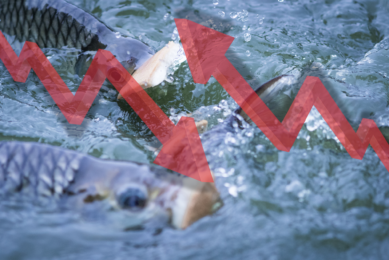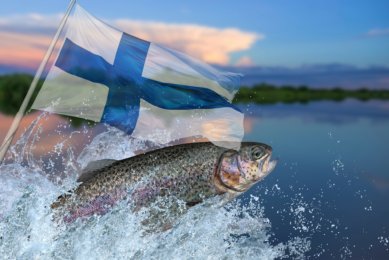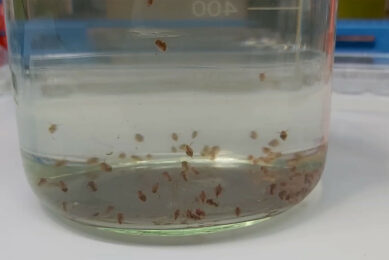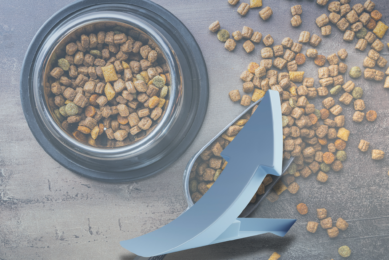Duckweed for sheep, goats and cattle
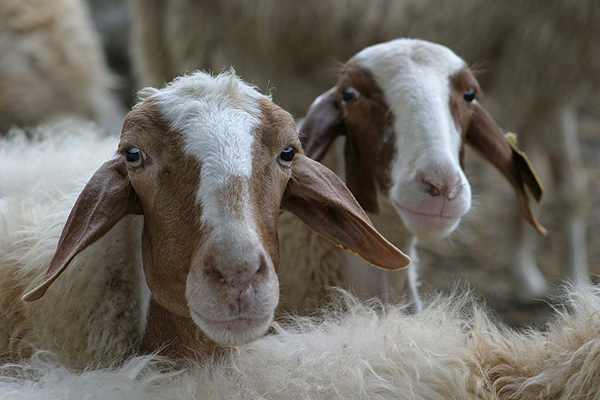
Fresh or dried duckweeds have been fed to cattle, sheep and goats with relatively good results, provided that they are only part of the diet. Feedipedia gives a nice overview of the trials done.
Duckweeds are tiny free-floating vascular plants found throughout the world on fresh (or sometimes brackish) waters. The main duckweed species are Lemna minor, Lemna gibba, pirodela polyrhiza (sometimes spelled Spirodela polyrrhiza and Wolffia arrhizal). Duckweeds can grow very quickly in small ponds, ditches or swamps where they can extract large quantities of nutrients, making the plant a potential source of protein for humans and livestock, notably poultry and fish.
Duckweed in cow feed
In ruminants, several trials have been done over the years. In several cases, full substitution resulted in lower performance. There are contradictory values about duckweed protein degradability: some authors found duckweed protein to be highly degradable in the rumen (80%, Huque et al., 1996). In this study, mixed duckweeds as a component of a concentrate mixture were eaten by the cattle at 10% of their LW.
Also interesting: Can sheep digest the seaweed?
The nutritive value of seaweeds for ruminants varies widely. It depends on the species, on the composition of the algae (protein, minerals, polysaccharides, phlorotannins) and also on the adaptation of the animal to this particular feed.
Sheep feed
Other studies found much lower values (50-60%, Damry et al., 2001) and described duckweed as a valuable source of escape protein. The sheep readily ingested the fresh or dried duckweeds. Diet had no effect on wool measurements (yield, rate of fibre elongation, fibre diameter). In a trial in Mexico with ewes, no effect on DM intake, estrus parameters (beginning, percentage of ewes, duration), pregnancy rate and progesterone concentration was seen.
Goats also like duckweed
A study in dwarf goats in Nigeria showed that duckweeds were well accepted by the goats, fresh or dried. Intake was maximum when the diet contained 20% fresh duckweeds (440 g/d) and decreased at 40% inclusion rate.
Source: Feedipedia




